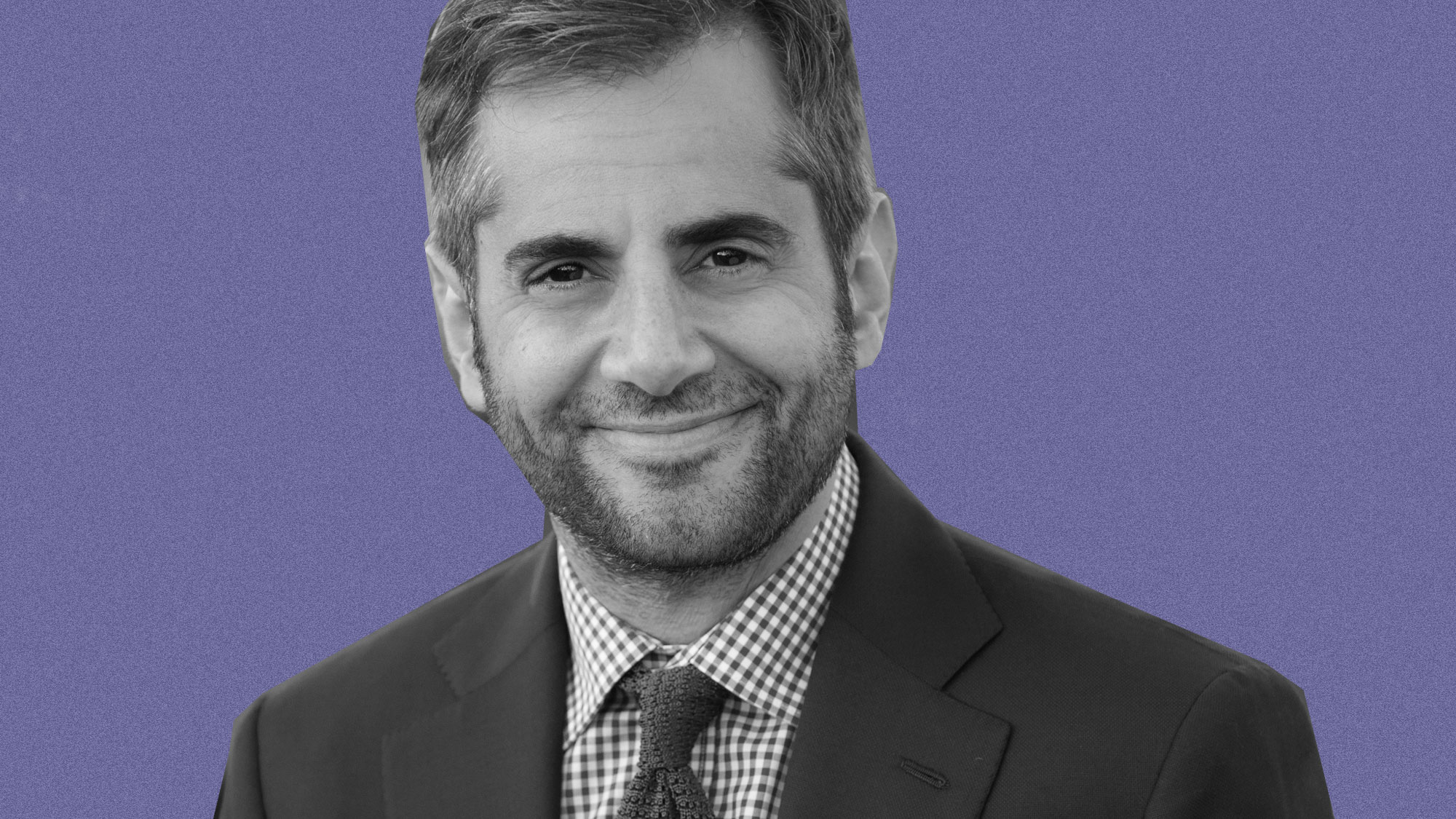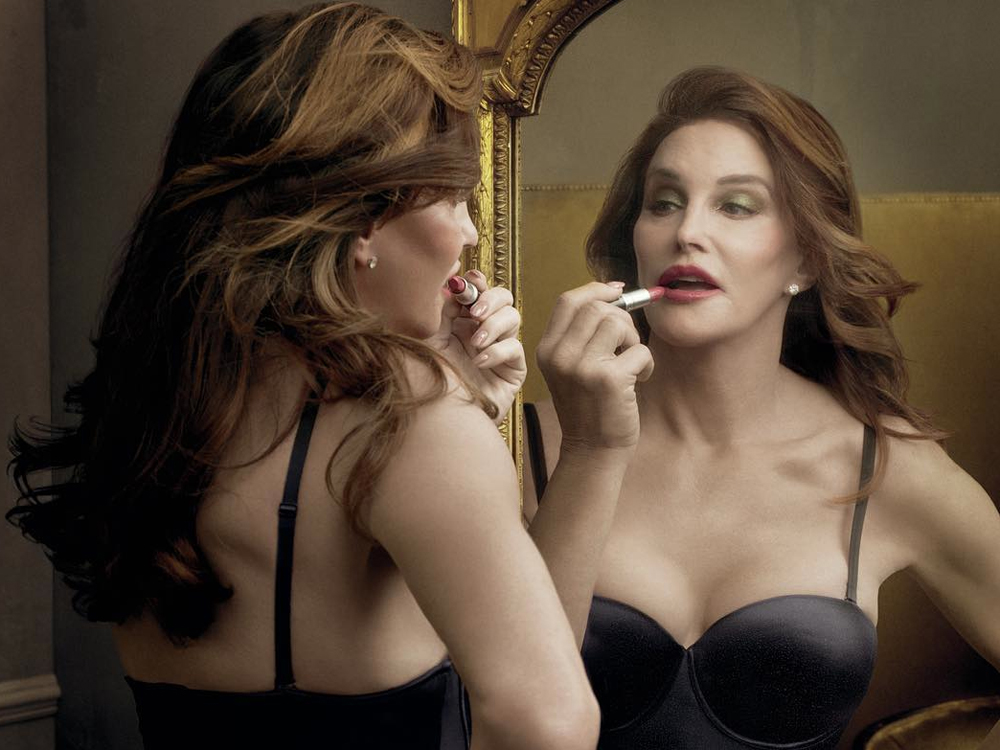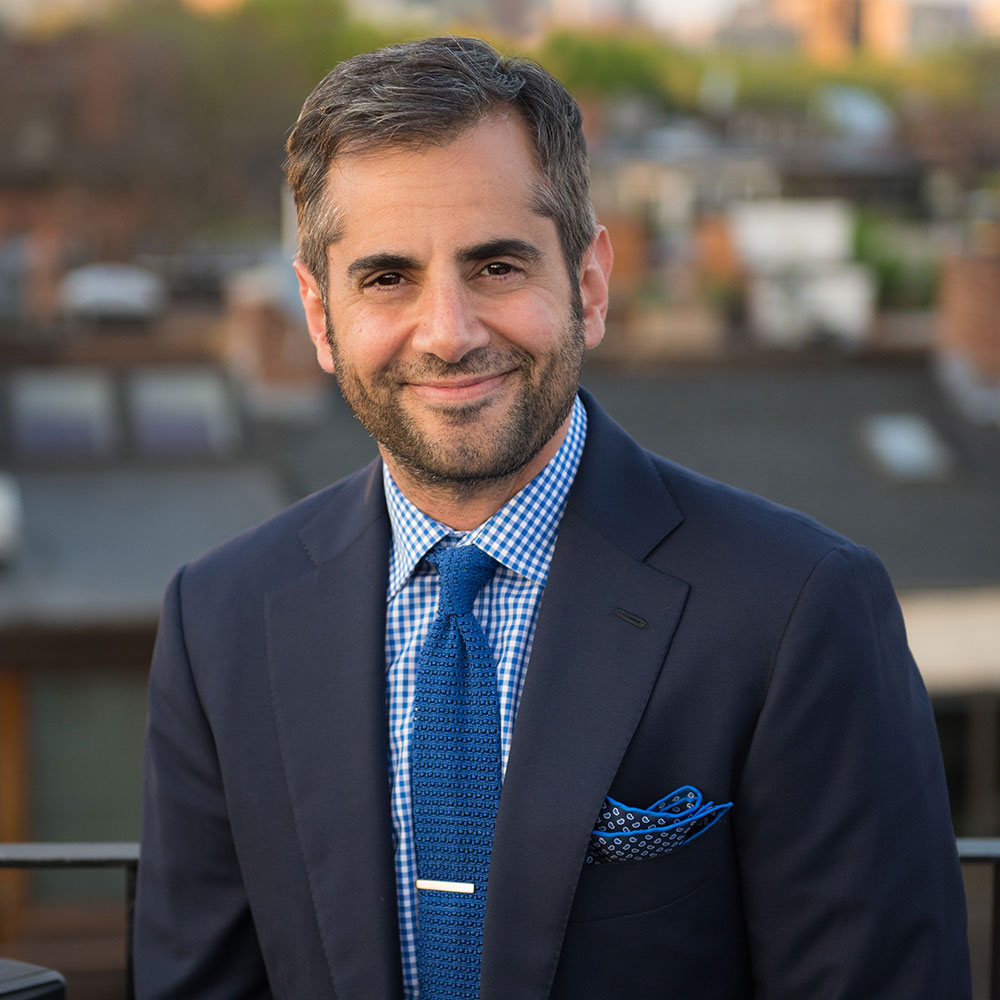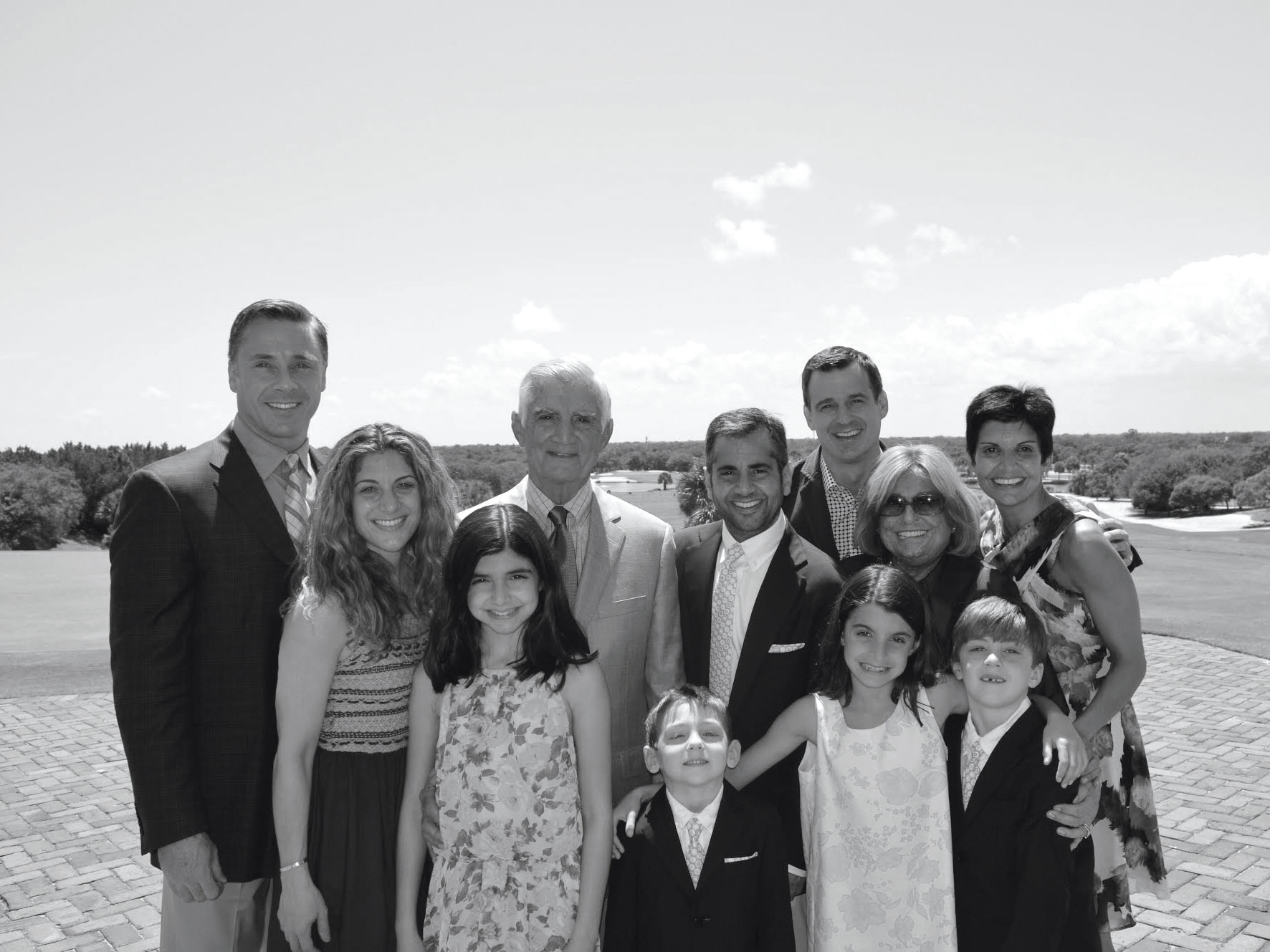'Being stuck in a woman's body was a prison sentence'
Chris Edwards knew from early childhood he was male, but had to wait two decades before he could transition. Here, he reveals his remarkable physical and emotional journey as a transgender

Chris Edwards knew from early childhood he was male, but had to wait two decades before he could transition. Here, he reveals his remarkable physical and emotional journey as a transgender
The first time I saw blood on my underwear, I felt like my world was falling apart – a sinking dread that I really was going to be stuck in a woman’s body for the rest of my life. Getting your period is difficult enough for a teenage girl. But when you’re a guy inside, it’s like a prison sentence. Imagine your brother or boyfriend suddenly menstruating – they would feel like a freak.
I’ve always known that I was born in the wrong body. I came out to my grandmother when I was just five years old. I didn’t even know I was doing it, but when she called my sisters and I down for dinner with the words, ‘Come on, girls, dinner’s ready,’ I didn’t respond because I genuinely didn’t see myself as female. ‘Didn’t you hear me calling you?’ she asked. ‘I’m not a girl,’ I replied, insulted. ‘Yes, you are,’ she said gently. ‘No, I’m not. I’m a boy,’ I snapped back. Even then, I realised I was not like my sisters.
Since everything about me was boy-like – my clothes, my toys, my obsession with all superheroes – I was determined that the only thing lumping me in with the girls was my hair length. Girls had long hair; boys had short hair. So to clear up any confusion on the matter, I told my mother I wanted my hair cut ‘like Daddy’s’. Many parents would have been reluctant, but my mother wasn’t too concerned with gender stereotypes. She may have been traditional when it came to family, but she was relatively hip and liberal.
As I approached puberty, I used to pray at night that my penis would grow. When I was forced to put on a dress, it was like being made to wear drag. I was miserable. Things hit a particularly low point during my teens. A familiar nausea would sweep over me when it was time to go to parties where everyone was making out. I’d have to pretend I liked somebody out of reach – like the senior quarterback guy. All the girls wanted to be Olivia Newton-John and had a huge crush on John Travolta. For me, it was the other way round. But the frustration was that I didn’t have a vocabulary to explain how I felt. This was Boston in the early 80s. The only word that existed to describe my feelings was ‘transsexual’, which was negatively charged, thanks to movies that portrayed transsexual characters as deviants and serial killers. This made me even more afraid to tell my family. I knew they loved me, but I feared what that word would do to them.
Throughout college, I suffered episodes of suicidal thoughts. Pretending to be a girl was exhausting and when I looked to the future, all I was able to see was more frustration and pain. Eventually I made an appointment to talk to my doctor because I didn’t know who else to turn to. This was before the internet – nowadays, stories about being trans are commonplace and we have lots of public trans role models such as Caitlyn Jenner. It was virtually impossible to get any information. My doctor told me I wasn’t a man; I was just a masculine woman, and probably a lesbian. Crushingly, she simply diagnosed me with hirsutism – excessive hair growth. I was referred to a psychologist who also told me that my feelings about being a man were wrong and that I couldn’t do anything to change my situation.

Eventually, I managed to find an understanding therapist, who encouraged me to open up to my family, which after agonising over, I finally did. When I broke the news, it was a huge relief to unburden this secret I’d been keeping for years, though they had trouble comprehending it. Their first reaction was that I must be gay, but gender identity and sexual orientation are two completely different things. Sexual orientation is who you go to bed with; gender identity is who you go to bed as. I had to explain how it felt to be in the wrong body.
Marie Claire Newsletter
Celebrity news, beauty, fashion advice, and fascinating features, delivered straight to your inbox!
My mother asked whether I might feel better about my body if I lost a few pounds and toned up, and offered to help me. When my parents finally got the message a few weeks later, they were cautiously supportive, but tried to persuade me not to transition. They were worried I was going to be worse off because the surgery was so new and they feared I’d lose my friendship group.
The turning point finally came when I managed to build up the courage to tell my friends. They were fantastic and totally supportive. All parents really want is for their child to be able to live a full and happy life – once they saw that my friends still accepted me, they embraced the change. I know I’m lucky though – 57 per cent of trans kids who don’t have supportive parents attempt suicide.
But there was another hurdle. After two years working with the same ad agency, I finally announced I was transgender to the executive board. It was extremely tough, and people were shocked, but it could have been a lot worse – thankfully, my dad was CEO of the company, so at least I knew I had job security. Other people in my situation could be discriminated against or even fired.
Once I’d come out openly, I was finally able to start my journey towards physically transitioning. I made it a gradual process, so it wouldn’t be too jarring to people. I threw out all my bras, went shopping for new clothes and got a more masculine haircut – it was liberating.
I remember a really big moment one day: I had given some change to a homeless man. When he said, ‘Thank you, sir,’ I was overjoyed. It was the first time I had been called ‘sir’ and that’s when I knew I had passed. That was a huge deal for me.
But this was a tough time. Despite there no longer being anything remotely feminine-looking about me, my family was going through a huge transition of its own. They would often slip up and say ‘she’ or ‘her’ in reference to me. It was frustrating because it would happen in front of other people, but I realise now that my mother and older sister, especially, had to mourn the loss of their daughter and sister. I’d been my mother’s daughter for 26 years and her son for only two; it was bound to take time to accept.
After two months on testosterone injections, my periods stopped, which was another milestone. My friends dragged me camping and I had a pad-burning party. It was a real high moment. Thirteen years after that awful night aged 13, when I first saw blood on my underwear, I was free.

The journey is a long one, though. The downside to the hormones is having to go through puberty all over again. I had bad acne – 26 years old and I was shopping for Clearasil in the skincare aisle with teenagers and my hair had started to recede. But I’d rather be a guy and put up with those things than have gone back to being who I was. Besides, there are lots of guy rituals I came to enjoy – like being able to pee standing up and skipping the long queue for the girls’ bathroom. And shaving. Most men see it as a pain in the ass. I’d tell my friends, ‘You think that’s a pain? Try shaving your legs and armpits and bikini line.’
Not everything about being a man is great. It’s certainly a step down using the men’s room. When you go to the ladies, you flush, make noise with the toilet paper – anything to try to disguise it. In the men’s room, it’s loud and proud. It’s a culture shock. But going in there for the first time and learning the etiquette was a big step. Once I was accepted there, it felt like I’d made a breakthrough, that I was part of this club.
After my periods had stopped, the most significant moment in my journey was having top surgery. It’s usually what makes the most difference to those who are going from female to male. Before, when I hugged people, I wouldn’t get close because I didn’t want them to feel my breasts and I developed a hunch in order to try to disguise them. Finally, I could pass for male. I was in my mother’s bathroom when we took off the bandages. My chest was bruised and uneven, but she looked at me and was crying and said, ‘Now you look right.’
It took five years to get my penis and involved roughly 23 procedures. It was a gruelling process and there were times when I couldn’t get out of bed, I was in so much pain. You can’t do something like this alone. But I was lucky to have family and friends who looked after me, and was able to openly take medical leave from work. Having the full surgery was important to me. I wanted to be as close to a biological male as possible, so I had a hysterectomy as well.

It has now been 21 years since I transitioned, and I have had great relationships in that time with women who know about my past. The tricky part is knowing when to tell someone you’re dating who doesn’t know. My goal was not to let my gender define me, but I’m struggling now because I’ve just written a book, which is like outing myself all over again. I don’t regret writing it, though. I wouldn’t wish being transgender on my worst enemy. But I wanted to make it easier for others going through the same thing and to show parents that there are regular everyday success stories, so they’ll be more supportive of their transgender children.
It’s funny. People often ask me if the day I got my penis made me feel like I’d completed my journey, that I was finally fully a man. But for me, the real completion will be when I find somebody and get married. I’m still looking for that.
Balls: It Takes Some To Get Some by Chris Edwards (£19.26, Greenleaf Book Group) is out now
The leading destination for fashion, beauty, shopping and finger-on-the-pulse views on the latest issues. Marie Claire's travel content helps you delight in discovering new destinations around the globe, offering a unique – and sometimes unchartered – travel experience. From new hotel openings to the destinations tipped to take over our travel calendars, this iconic name has it covered.
-
 How are Trump’s tariffs affecting the fashion industry?
How are Trump’s tariffs affecting the fashion industry?The fluctuating situation in the US is having very real consequences
By Rebecca Jane Hill
-
 Here's every character returning for You season 5 - and what it might mean for Joe Goldberg's ending
Here's every character returning for You season 5 - and what it might mean for Joe Goldberg's endingBy Iris Goldsztajn
-
 Celine's new Selfridges pop-up is an ode to summers on the French Riviera
Celine's new Selfridges pop-up is an ode to summers on the French RivieraA one-stop-shop for the ultimate holiday wardrobe
By Clementina Jackson